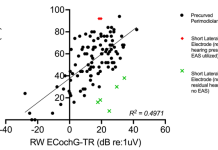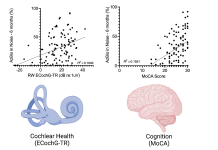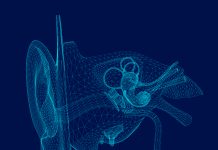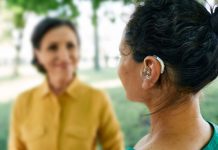Open Access Government produces compelling and informative news, publications, eBooks, and academic research articles for the public and private sector looking at health, diseases & conditions, workplace, research & innovation, digital transformation, government policy, environment, agriculture, energy, transport and more.
Home 2025
Archives
Optimizing outcomes: The role of surgical technique and intraoperative factors in cochlear implant performance
Variability in cochlear implant performance remains a significant challenge for clinicians and patients. Contributors from Washington University School of Medicine investigate how surgical techniques and intraoperative adjustments can be refined to further optimize cochlear implant outcomes.
Predicting cochlear implant performance: Moving beyond single biomarkers and leveraging artificial intelligence
Matthew Shew, Amit Walia, and Craig A. Buchman highlight that the significant variability in speech perception among cochlear implant users can be addressed by using a multi- faceted approach that incorporates emerging technologies like machine learning and artificial intelligence to improve outcome prediction models.
Cognitive function and electrode mapping’s role in cochlear implant performance
Amit Walia, Matthew Shew and Craig A. Buchman from Washington University School of Medicine, detail the role of cognitive function and electrode mapping in cochlear implant performance.
Predicting cochlear implant performance: Impact of demographic, audiologic, surgical factors, and cochlear health
Amit Walia, Matt Shew and Craig A. Buchman from Washington University School of Medicine, explain the challenges of understanding variables or factors informing CI performance and how this can be addressed.
Glutamate excitotoxicity in the cochlea
Mark Rutherford, Associate Professor at Washington University School of Medicine, discusses the burden and causes of hearing dysfunction, as well as the possible solutions for mitigating glutamate excitotoxicity.
Precision medicine: Sensorineural hearing loss treatment
Aarno Dietz, Professor of Otorhinolaryngology at Kuopio University Hospital, turns the spotlight on hospital precision medicine, focusing on the treatment of sensorineural hearing loss.







